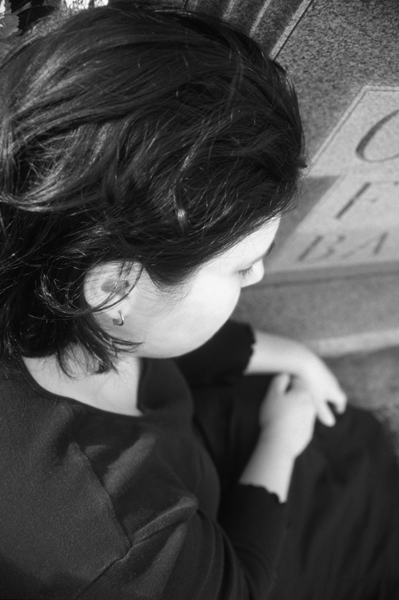There are many aspects of well-being. Well-being includes the woman’s physical, mental and emotional states, as well as her environmental situation. Each of these is vitally important to a woman’s sense of well-being.
The physical state is affected by the woman’s access to adequate health care. If a person does not receive medical attention when it is necessary, it negatively affects her sense of well-being. Coping with injury, sickness or disease can be draining and overwhelming. Being unable to purchase medications is frustrating and stressful. Access to good nutrition and clean water are also important factors of physical well-being.
The mental and emotional states are often linked. Trauma negatively affects both the mental and emotional state of an individual. Damage to the physical state can also cause mental and emotional pain. Mental and emotional disorders – such as depression or bipolar personality disorder - can disrupt a woman’s sense of well-being. Feeling supported emotionally and mentally can greatly contribute to a positive sense of well-being. Relationships can contribute both negatively and positively to a woman’s sense of well-being.
The environmental situation in which a person finds herself contributes to her sense of well-being. Struggling against dire poverty and starvation is taxing. Not having a stable place to live can also be detrimental to a person’s well-being. If a woman is living or working in an unsafe environment – such as with an abuser – the environment can be a huge factor in well-being, even if the person involved refuses to admit it. On the other hand, a positive environment can greatly contribute to a positive sense of well-being. A stable place to live, enough money to survive, and a safe environment help a woman to feel positive about herself and her world.
Social inequalities can also negatively affect a person’s well-being. Experiences with discrimination, religious persecution and intolerance – all part of the woman’s environment – can greatly impact the way the woman views the world. If people are constantly surrounded by negativity, their sense of well-being can hardly be expected to be positive.
Part Two:
My well-being was flourishing last year when I lived in Charlotte. I finally lived in my own apartment and had my own money. I did not have to feel or behave overly grateful to anyone because I was staying with them instead of being homeless again. I could buy groceries and cook dinner instead of eating nothing but ramen – the same flavor week after week.
Other than school, life was not too stressful or traumatic. In fact, I was even able to go to a counselor to finally deal with issues from my childhood. I was surrounded by people who supported me mentally and emotionally. I was able to talk to other people with similar experiences and feel as if I was actually understood by another person.
Part Three:
My well-being was not flourishing when I lived with my biological mother. She was physically, verbally and emotionally abusive. Because she spent all of her money on drugs, there was never money for anything I needed as a child. I went without glasses, school supplies, clothing and often food. I was separated from my younger brother and sister for eight years because their father took custody of them. They had been my only strong emotional bond during this time period, because I was the person who took care of them.
My mother would wake me up in the middle of the night with a trash bag and tell me to pack whatever I wanted to take with me. We were constantly moving. I never knew which day was going to be the next time I had to start all over. Our living situation was never stable for more than eight months. I was never able to form real friendships because I never knew when I would be gone without being able to say goodbye.

